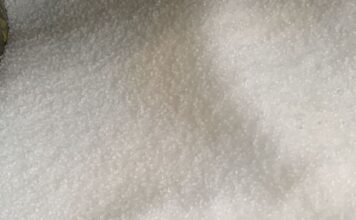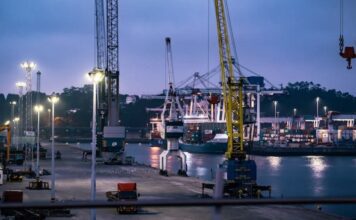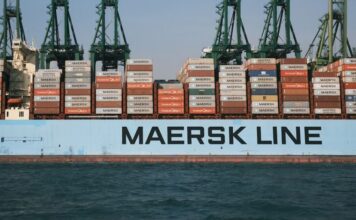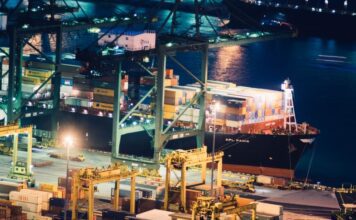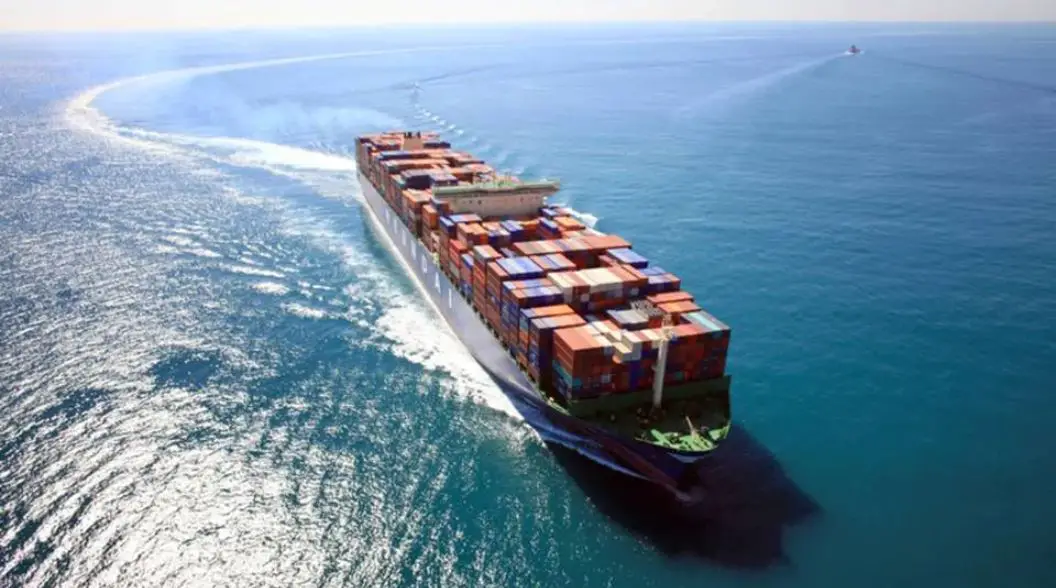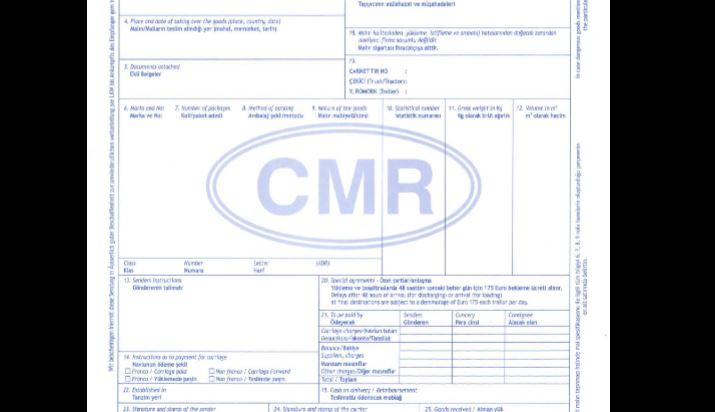What is the VAT rate in Ireland after Brexit ?
The United Kingdom (UK) left the European Union on 31 January 2020. The Withdrawal Agreement, including the Protocol on Ireland/Northern Ireland, provided for a transition period until 31 December 2020. During this period the UK, for the purposes of Value-Added Tax (VAT), was treated as if it was a full European Union (EU) Member State.
Northern Ireland continues to be subject to the same EU VAT rules on goods as EU Member States. EU VAT rules on services do not apply to Northern Ireland.
A Brexit readiness notice on VAT on goods, including guidance on open movements on 1 January 2021, has been published by the EU Commission.
Value Added Tax (VAT)
Value Added Tax (VAT) is a tax that is levied on the sale of most goods and services in Ireland.
Listed below are the current VAT rates in Ireland in 2021 .
The standard rate of VAT.
The standard VAT rate in Ireland from March 1st 2021 is 23%
In September 2020, the standard rate of VAT was temporarily reduced to 21% until Feb 28th 2021.
The standard 23% rate of VAT applies to a wide range of goods and services. These goods include motor vehicles, adult clothing, electrical goods, petrol, alcohol, tobacco, most household goods, non-basic foodstuffs.
The standard rate of VAT is also applied to most professional services and telecommunications.
The standard rate of VAT is charged on all goods and services that do not fall into the reduced rate categories listed below. See below for details of reduced VAT rates.
Second Tier VAT : 13.5%
This 13.5% rate of VAT is usually charged on items including ….
- fuel (coal, heating oil, gas, electricity.
- vet fees,
- building and building services,
- agricultural contracting services,
- short-term car hire,
- cleaning and maintenance services.
- Catering and restaurant supplies, including vending machines and take-away food (excluding alcohol and soft drinks sold as part of the meal) (See below for details of temporary VAT reduction)
- Food Supplements
- Hotel lettings, including guesthouses, caravan parks, camping sites etc
- Short term accommodation.
- Cinemas, theatres, certain musical performances, museums, art gallery exhibitions
- Fairgrounds or amusement park services
- Hairdressing services.
Third Tier VAT : – 9% is a reduced rate of VAT for
- newspapers
- Facilities for taking part in sporting activities including green fees charged for golf and subscriptions charged by non-member-owned golf clubs.
- electronically supplied publications
Temporary VAT Reduction for Hospitality
The VAT rate for the tourism and hospitality sector was reduced from 13.5 per cent to 9 per cent on Nov 1st 2020. This is to help the sector during Covid and was announced in Budget 2021 . The reduced rate was due to be in place until the end of December 2021. (It is expected to be extended again in Budget 2022 to the end of Sept 2022).
The 9% reduced VAT rate applies to: – catering and restaurant services (food not soft drinks or alcohol), tourist accommodation, cinemas, theatres, museums, historic houses, open farms, amusement parks, certain printed matter, and hairdressing.
Fourth Tier VAT : 4.8%
This rate of VAT is specifically for agriculture. It applies to livestock (excluding chickens), greyhounds and the hire of horses.
Fifth Tier VAT : 0% (Zero) VAT
- Most food including Tea, coffee, milk, bread, butter, cheese, milk , vegetables, meat, etc.
- Not food supplied from a vending machine or in a restauraunt or other catering venues.
- Not food supplements such as slimming , protein or sports supplements.
- Books, children’s clothes and children’s shoes,
- Oral medicine for humans and animals,
- Vegetable seeds and fruit trees, fertilisers, large animal feed,
- Disability aids such as wheelchairs, crutches and hearing aids.
- All exports
Covid-19 VAT Reliefs
Revenue confirmed some VAT reliefs in 2020 to help combat COVID-19. These reliefs were originally due to expire on 31 July 2020, but were then extended to 30 April 2021 and then again until 31st Dec 2021. The temporary reliefs include:
- A zero-rate of VAT applying to personal protective equipment (PPE), thermometers, medical ventilators, hand sanitiser, and oxygen when supplied to the HSE, hospitals, nursing homes, care homes and GP practices for use in providing COVID-19-related healthcare services.
- Relief from import VAT and customs duties apply to the import of medical goods to combat COVID-19 by or on behalf of State organisations, disaster relief agencies and other organisations approved by Revenue, and which are provided free of charge for these purposes.
VAT Exempt
There is no VAT charged in Ireland on
- financial, medical or educational services.
- live theatrical and musical performances except those where food or drink is served during all or part of the performance.
In Ireland – since July 1st 2021 – you can no longer buy goods from outside the EU without incurring any VAT charges. From July 1st 2021 – the €22 threshold was removed and VAT is charged on all imported goods.
Read more about VAT and Buying From the UK After Brexit
VAT Rates in Ireland Specific Item Search
VAT rates in the UK
In the UK – the standard VAT rate is 20%
There is a 5% VAT in the UK rate on home energy , children’s car seats
There is Zero VAT on most food and children’s clothes in the UK
Import VAT in Ireland
Prior to July 1st 2021 – any package delivered to Ireland from outside the EU that was valued at under €22 was exempt from import VAT. Since July 1st 2021 – there are no exemptions on import VAT – and it will be charged on all non EU imports.
Image: Unsplash

